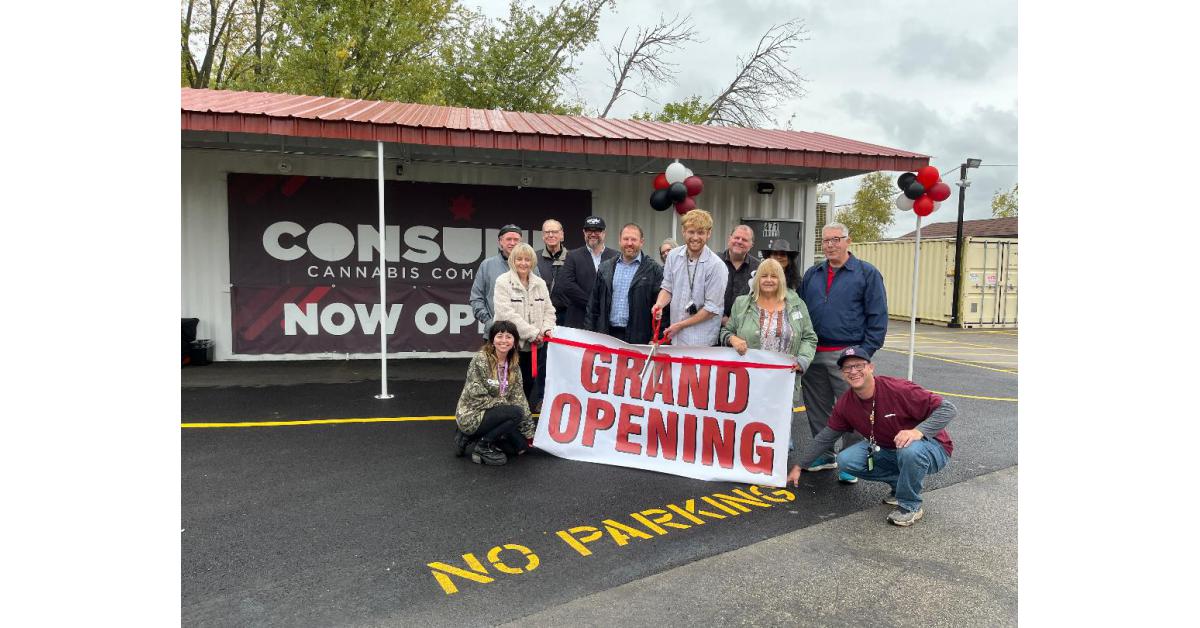Discover Antioch Delights: Where To Consume & Savor
Can the weight of a name, a place, encapsulate an entire experience, a cultural shift, a potential unraveling? To "consume Antioch" in the modern age is to grapple with a multifaceted reality, a palimpsest of history, faith, and the stark realities of displacement and conflict.
The city of Antioch, a name whispered through the ages, once a jewel of the Hellenistic world, a cradle of early Christianity, now exists as a fragmented echo in the modern Turkish city of Antakya. The echoes of its past are amplified by the recent, devastating earthquakes that ripped through the region, reshaping not only the physical landscape but also the very narrative of its existence. To "consume Antioch" is no longer simply a matter of geographical proximity or historical study; it is an engagement with the tangible and intangible remnants of a civilization forever changed.
The concept of "consuming Antioch" is a complex one. What are we truly consuming? The physical space itself? The historical accounts? The experiences of those who remain? The answer, undoubtedly, is a blend of all these, a potent cocktail of history, geography, and the enduring human spirit. It's a process of active engagement, a willingness to confront the complexities of a place and its people, and the recognition of the inherent fragility of cultural heritage in the face of both natural and man-made disasters.
The earthquakes that struck in February 2023 were particularly devastating to the region of Antakya, and the surrounding area that was once known as Antioch. They exposed the inherent vulnerability of the physical environment and, by extension, the cultural narrative it holds. They accelerated the erosion of cultural memory, the loss of tangible historical markers, the displacement of communities who had carried the legacy of Antioch forward for generations. The act of "consuming Antioch" following this event becomes a significantly different experience, a process steeped in empathy, a need for understanding, and a deeper appreciation for the resilience required to survive and rebuild.
The very act of considering "consuming Antioch" invites introspection. It compels us to question our responsibilities as observers, as consumers of information, and as participants in a global narrative. Do we passively absorb, or do we actively seek understanding? Are we willing to look beyond the surface, to confront the uncomfortable truths, and to acknowledge the ongoing impact of historical forces on the present day? The answers we find will shape not only our understanding of Antioch but also our understanding of ourselves.
Consider the legacy of Saint Paul, who preached in Antioch and established the city as an early center of Christianity. Imagine the bustling marketplace, the intellectual ferment of the Library of Antioch, the architectural splendor of the Roman villas. These images, once vividly present, now exist primarily in historical records and in the memories of those who call the region home. To "consume Antioch" demands a constant negotiation between the tangible and the intangible, a balancing act between the past and the present.
The cultural impact of "consuming Antioch" is particularly relevant in an age defined by the global mobility of information. Online access to historical documents, photographs, and personal accounts provide a window into the life and times of the city. However, this access also necessitates critical engagement, an understanding of the biases inherent in any historical narrative, and the potential for misinformation in the digital realm. One must approach the digital representation of Antioch with the same degree of scrutiny they would apply to any other source, validating, corroborating, and analyzing the information with care.
Today, the city of Antakya struggles to rebuild amidst the continuing aftershocks of the earthquake. The challenges are monumental: rebuilding homes and infrastructure, restoring cultural heritage, and providing psychosocial support to a population traumatized by loss. The spirit of resilience, however, shines through the rubble. The people of Antakya, inheritors of Antioch's legacy, demonstrate a remarkable commitment to preserving their culture and to building a future for their children.
To engage in "consuming Antioch" in a post-earthquake context means to be mindful of the needs of the living. It involves supporting humanitarian efforts, amplifying the voices of those affected, and contributing to a narrative that emphasizes resilience and hope. The act of "consuming" transforms from passive reception into active participation, a responsibility of engagement that extends beyond historical research. It is a call to action, a reminder that the legacy of Antioch is not merely a historical artifact but a living, breathing reality that must be nurtured and protected.
The implications of "consuming Antioch" transcend geographical boundaries. It raises questions about cultural preservation, historical memory, and the ethics of engagement in the face of adversity. It forces us to reflect on our own relationship with the past and our responsibility to protect cultural heritage. The lessons learned in Antioch, in its history and in the present, resonate across the globe, highlighting the importance of cultural understanding, empathy, and the enduring human spirit.
To truly understand "consume Antioch" is to see its impact as more than just a historical snapshot; it is a living narrative. It is a story of cultural synthesis, religious pluralism, and the evolution of an urban civilization. Understanding the events, places, and people who shaped Antioch can enrich our world, and help us understand complex global events. It encourages us to ask thoughtful questions about identity, cultural heritage, and human resilience.
Ultimately, the question remains: How do we "consume Antioch" responsibly, ethically, and with a deep respect for the ongoing lived experiences of those who call it home? This is the central question for anyone seeking a deeper understanding of this rich, complex, and historically significant place.


